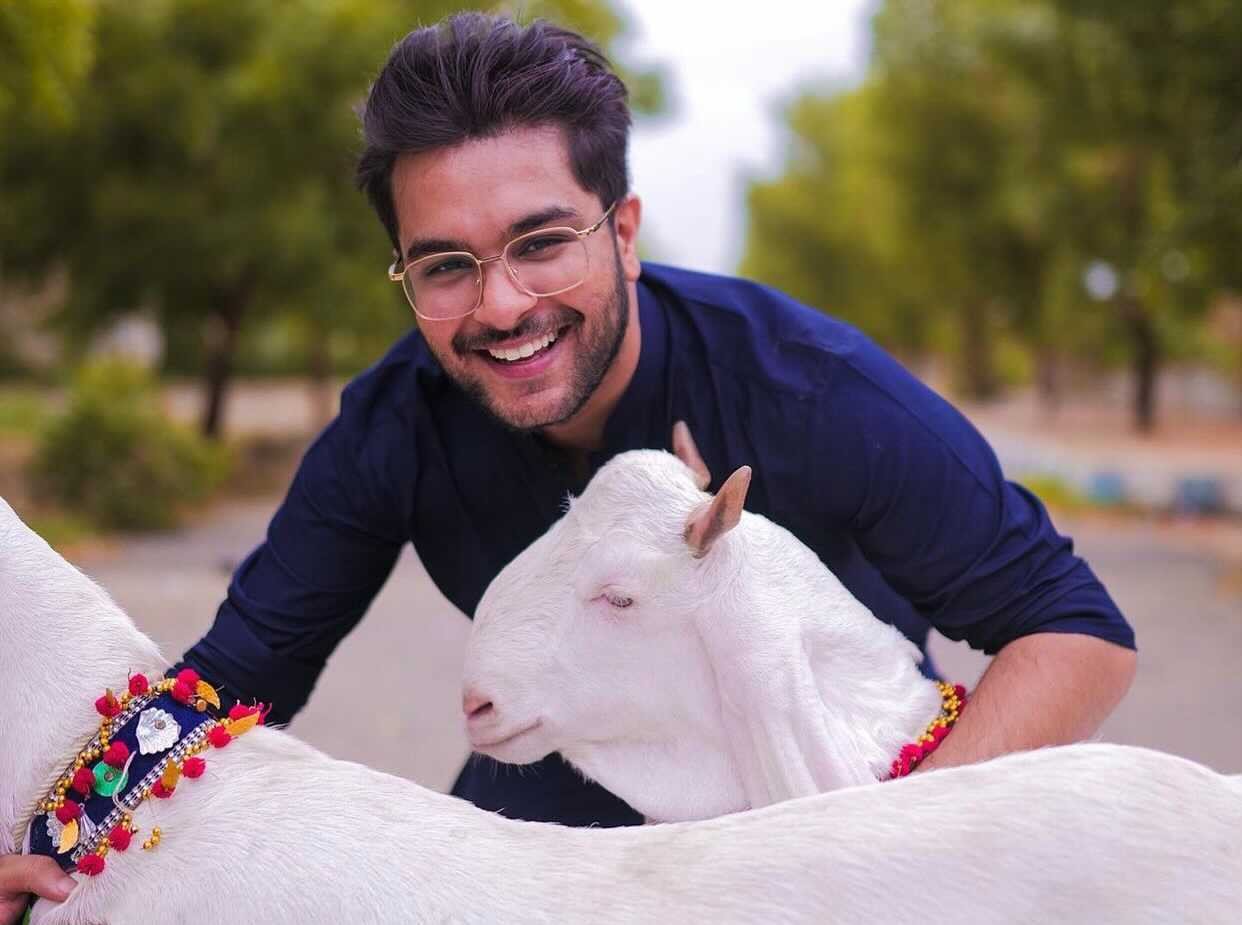
If there is one thing this Eid is about, it is sacrifice. However, while the traditional animal sacrifice is all well and good, we might want to focus our energies on giving up a few luxuries and comforts this time around.
Sustainable consumption of food and eco-friendly practices are the need of the hour, and while making changes to your lifestyle in the spirit of sustainability may feel difficult at first, it is what the world needs in the long run. In fact, toning down the luxury and excess consumption that has become part and parcel of Eid in this day and age is very much in line with the Islamic values of modesty and eco-friendliness.
Ethical and controlled consumption of food and fashion are not only necessary given the climate catastrophe looming on our doorstep, but are also one of the main tenets of Eid-ul-Azha. From ethical meat consumption to saying no to plastic packaging, we have compiled a list of eco-friendly practices to help you celebrate the spirit of sustainable sacrifice to the fullest.
Sustainable meat consumption
It feels like meat is the central focus of Eid-ul-Azha. From BBQ parties to elaborate dawats, it’s no surprise that meat makes up a large chunk of our diet here in Pakistan, especially around Eid. While several people choose to go the vegetarian route in order to completely stop consuming meat, it is understandable if that does not feel like a viable option to you. However, the good news is that you can continue to consume meat in an ethical and sustainable manner with just a few changes to how you source your animal products and how much of it you eat. According to FoodPrint, sustainable consumption of meat means eating less of it but of much better quality.
When sourcing meat, or an animal for sacrifice, it is important to ensure that the animals are pasture-fed, as opposed to mass-bred on industrial farms. Industrially-raised animals are fed grain-based diets and are often kept in cages, whereas animals raised on a farm are allowed to feed on vegetation that is a natural part of their diet. Pasture-raised meat is not only of better quality, but you can rest assured the animal was raised with care in an ethical environment.
While buying pasture-raised meat may be heavier on the pocket, it is a good practice to consume less meat of better quality, both for your health as well as for the environment.
Keeping things clean
Make sure to dispose of animal entrails efficiently. Designate an elevated area in your neighbourhood where the byproducts can be collected. Be sure not to leave them in the middle of the road since they may attract a host of insects and diseases as they rot. With the monsoon season in full swing, it’s best to refrain from collecting entrails and other waste by drains, since they may clog resulting in quite a bit of urban flooding.
Serve it sustainably
Eid-ul-Azha usually means more BBQs than you can handle. If you’re planning on hosting a fun family dinner this year (keeping social distancing precautions in mind), make sure to steer clear of plastic cutlery and styrofoam boxes! These items will plague the planet long after we’re gone, so do your part in reducing the amount of plastic consumed. When distributing meat, instead of packing it up in plastic bags, choose instead to either send it out in reusable tupperware or lined cardboard boxes.
Instead of throwing your kitchen scraps in the bin, you can opt to either compost it or feed it to any chickens in your vicinity. Minimize wastage by cooking only as much as you will need. In case of surplus, you can always give it away to those in need.
Eco-friendly fashion
Another Eid, another barrage of unnecessarily extravagant outfits. While it is understandable to want to go all out when it comes to fashion every once in a while, it is necessary to be more aware of our fashion choices and how they impact the environment. This Eid, shift your focus on sustainability and try to upcycle something you already own. Alter your old clothes or grab something from your parents’ closet for a fun vintage feel. Conscious consumption and slow fashion are slowly permeating the fashion world, with NPR reporting that Muslim designers are noticing a rise in demand for sustainable Eid clothing. So, if you want to truly be on trend this Eid, opt to reuse, reduce and recycle.
Instead of spending an exorbitant amount of money on new clothes by designers regurgitating the same old designs over and over again, choose to reuse old fabric or mix and match what you already own for a truly unique (and eco-friendly) outfit! Light up someone else’s Eid who may not have the same resources as you with the money saved to embody the true spirit of the festival.
Have something to add to the story? Share it in the comments below.

1734939576-0/Untitled-(85)1734939576-0-165x106.webp)
1734937729-0/akbar-(1)1734937729-0-165x106.webp)
1728297472-0/Fousey-(1)1728297472-0-165x106.webp)
1734937562-0/Untitled-(84)1734937562-0-165x106.webp)
1734936915-0/Untitled-design-(4)1734936915-0-270x192.webp)










1734778885-0/Untitled-(10)1734778885-0-270x192.webp)






COMMENTS
Comments are moderated and generally will be posted if they are on-topic and not abusive.
For more information, please see our Comments FAQ